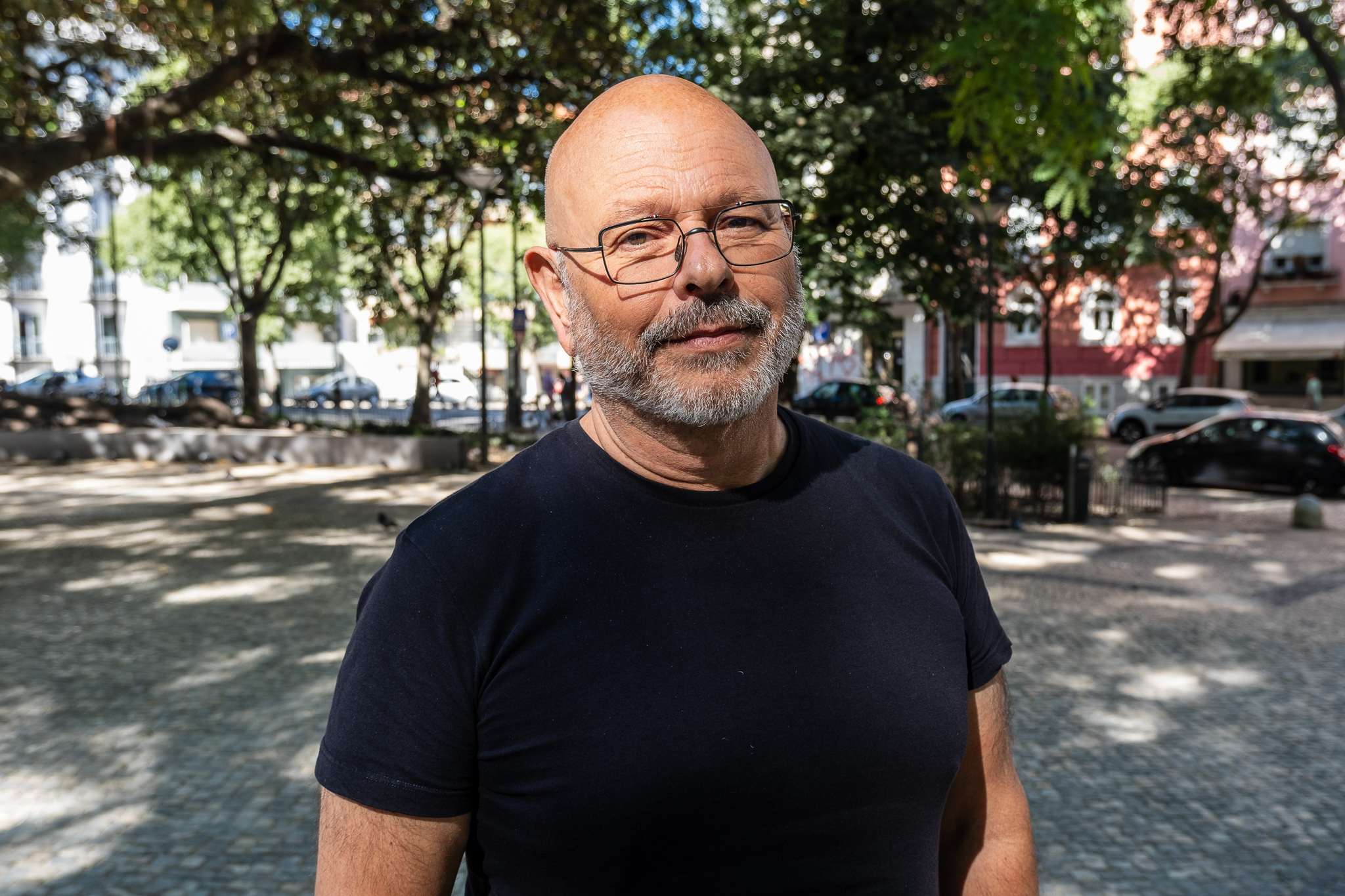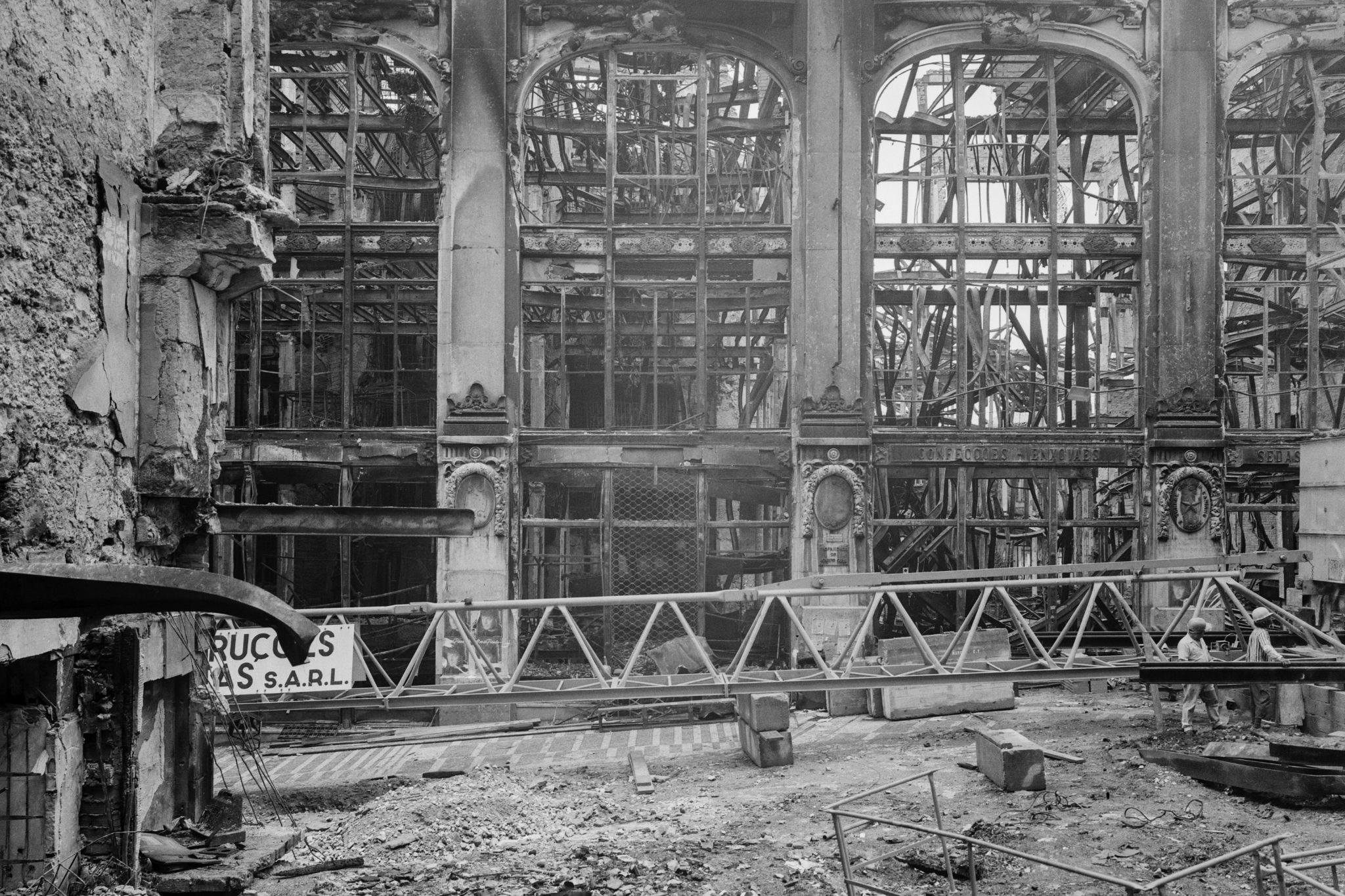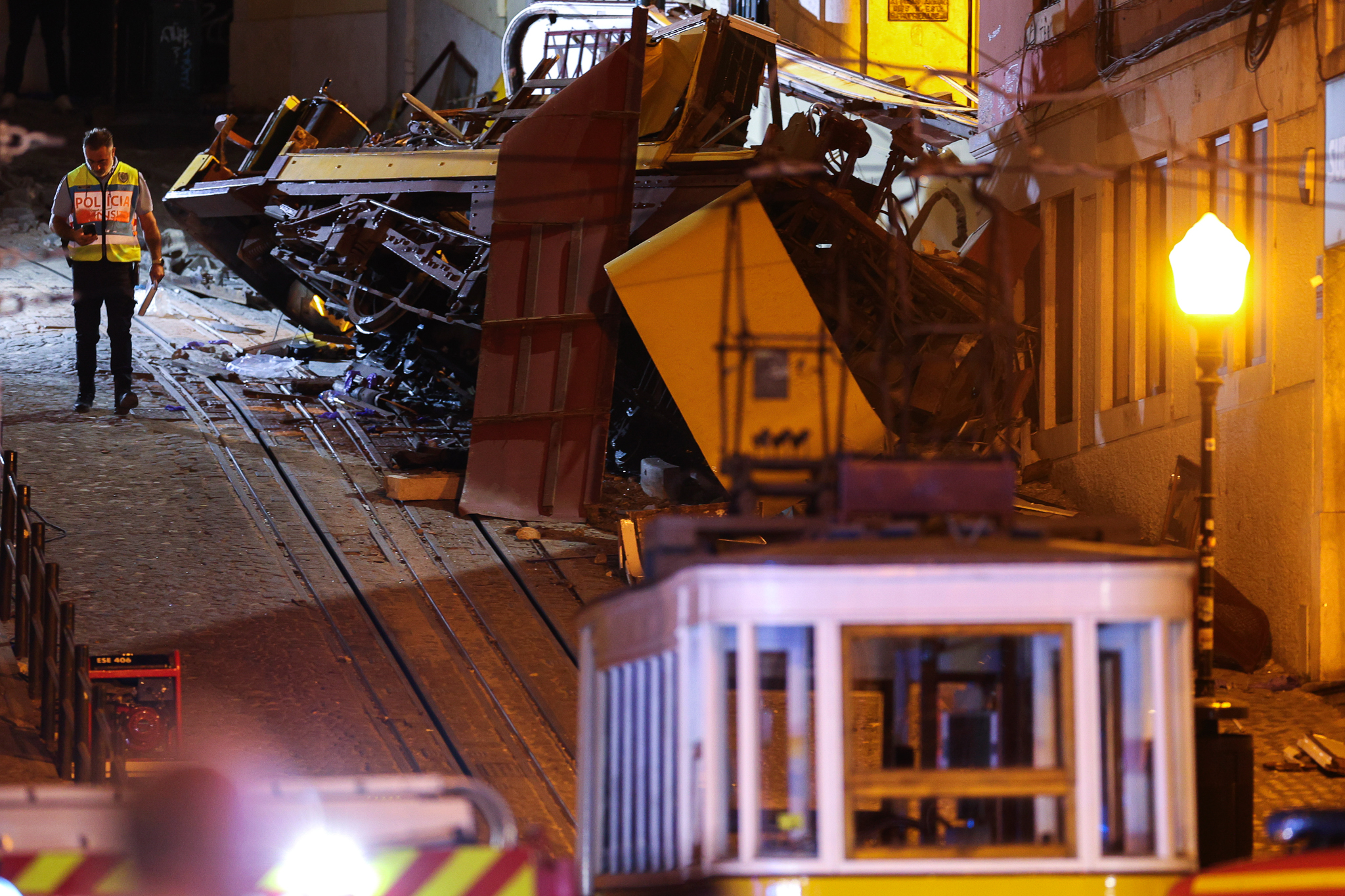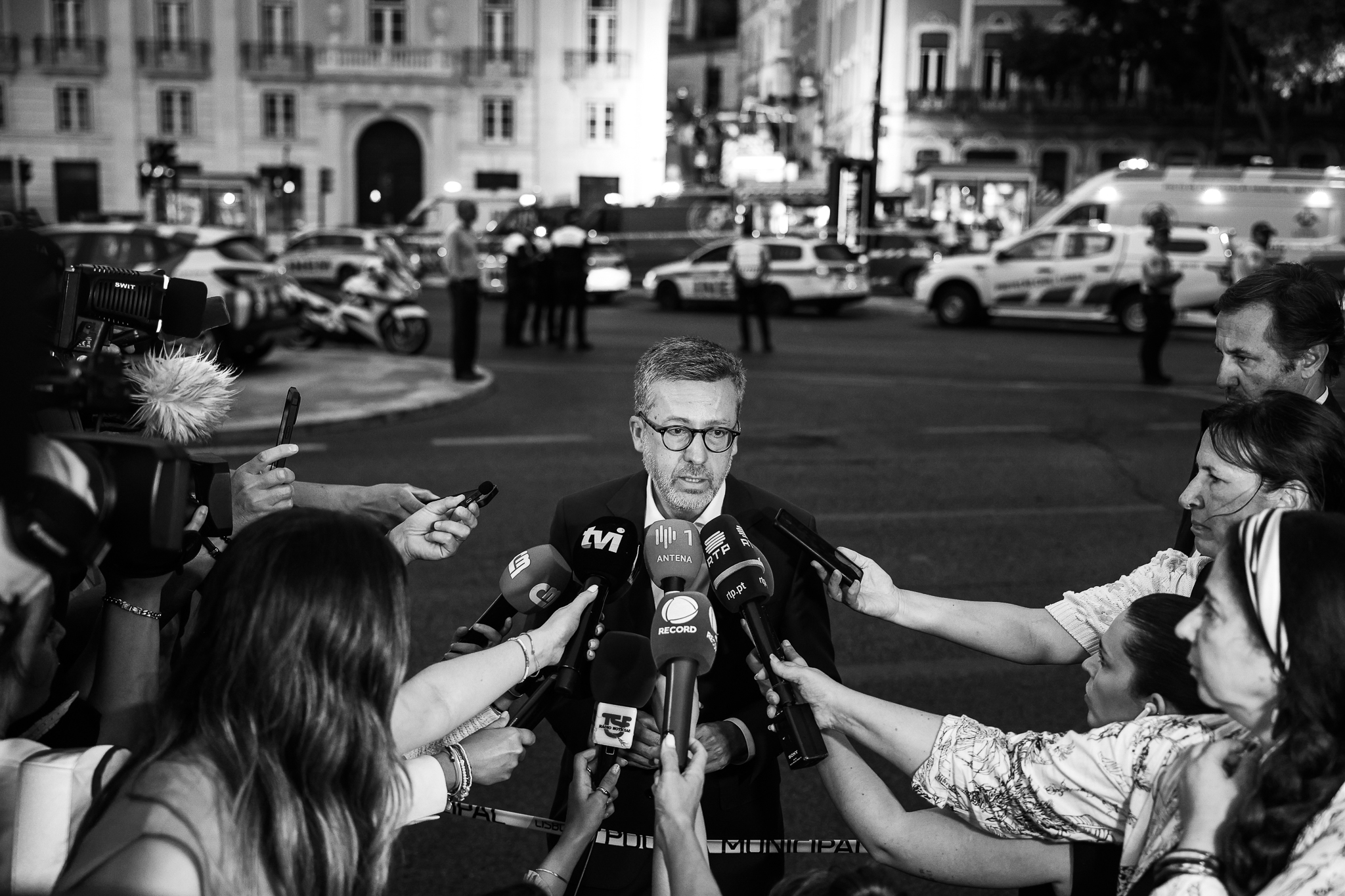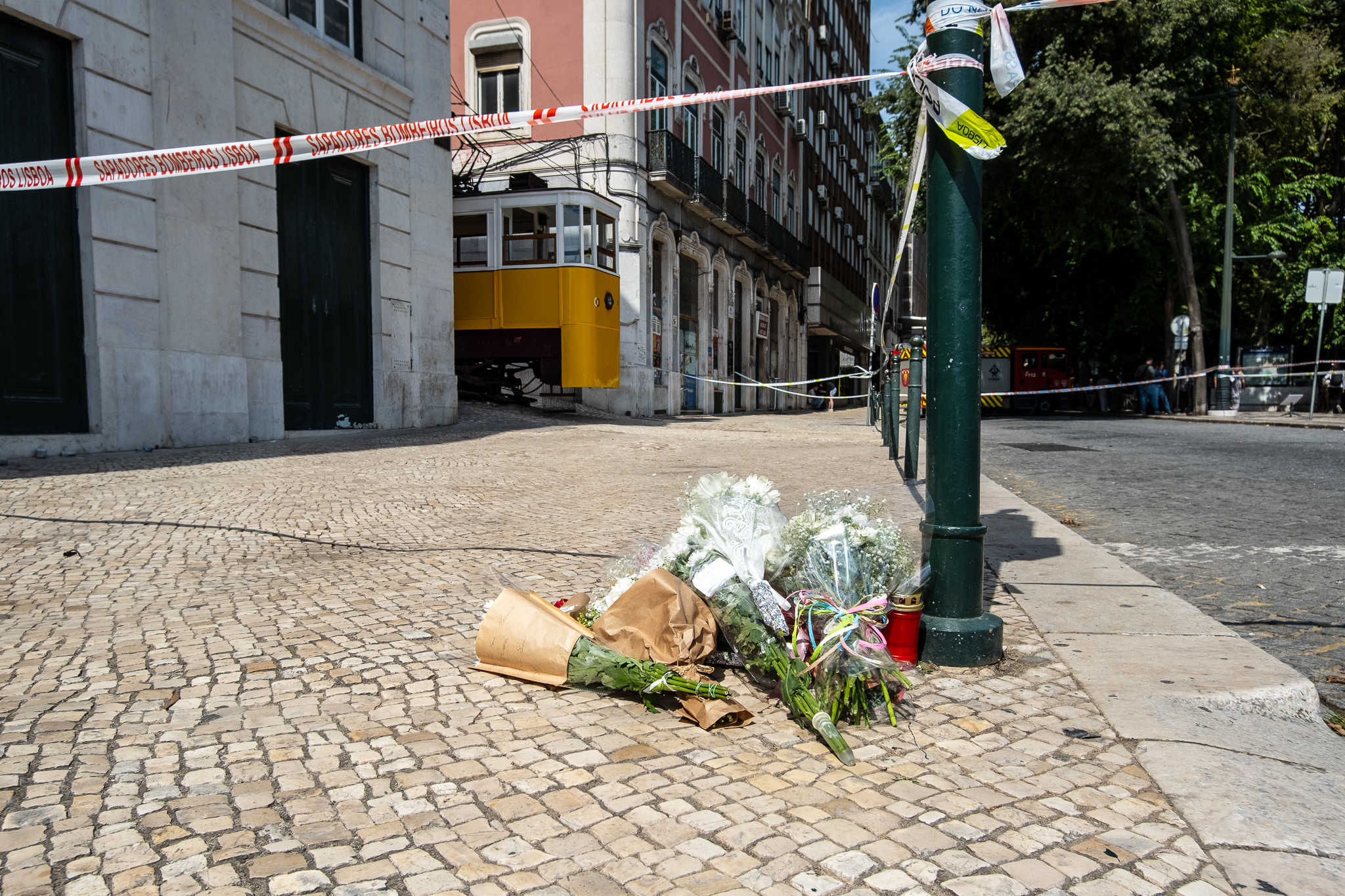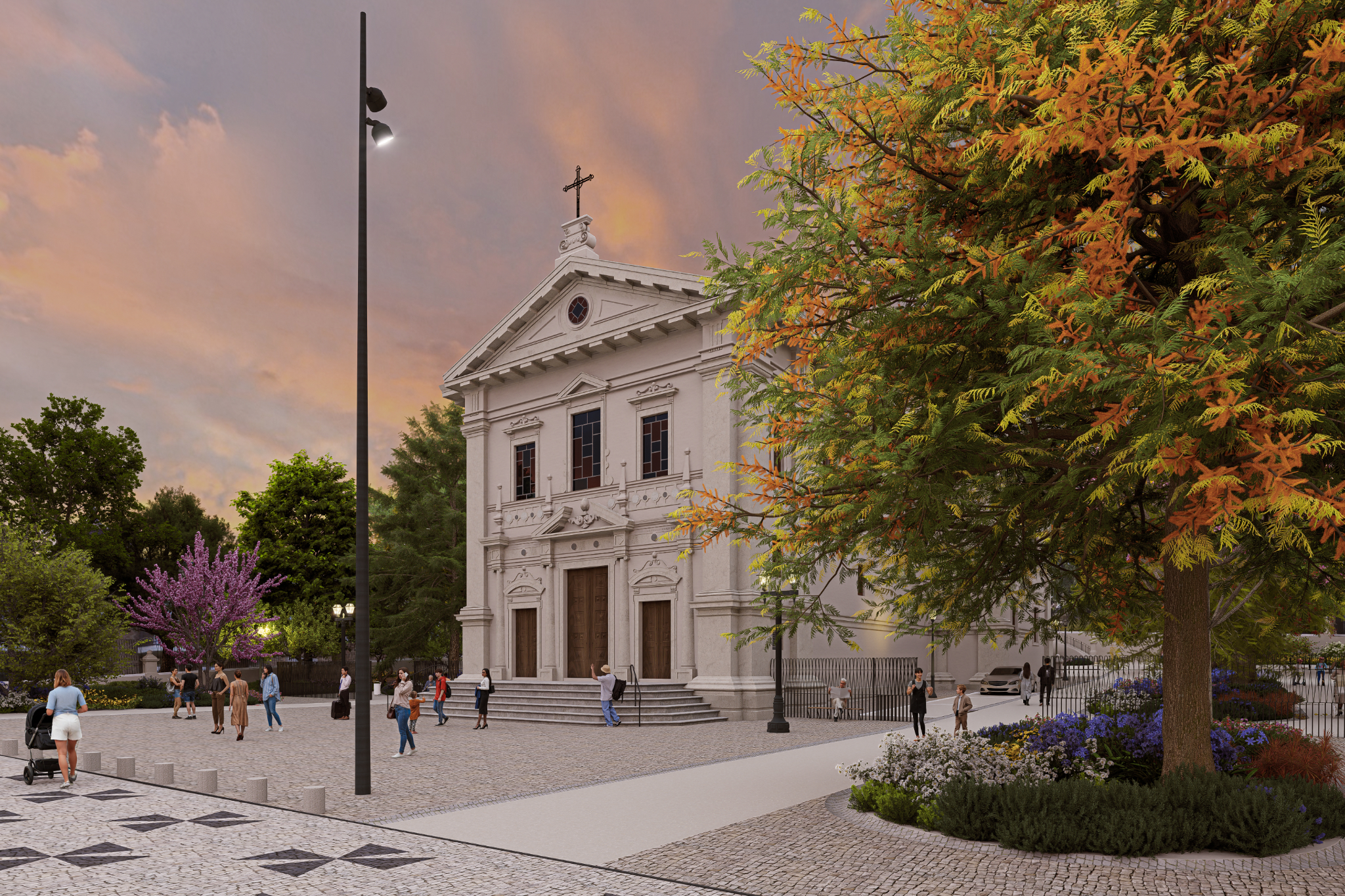"My pressure in the Government will always be maximum in relation to these issues," Carlos Moedas said at a press conference at the Web Summit.
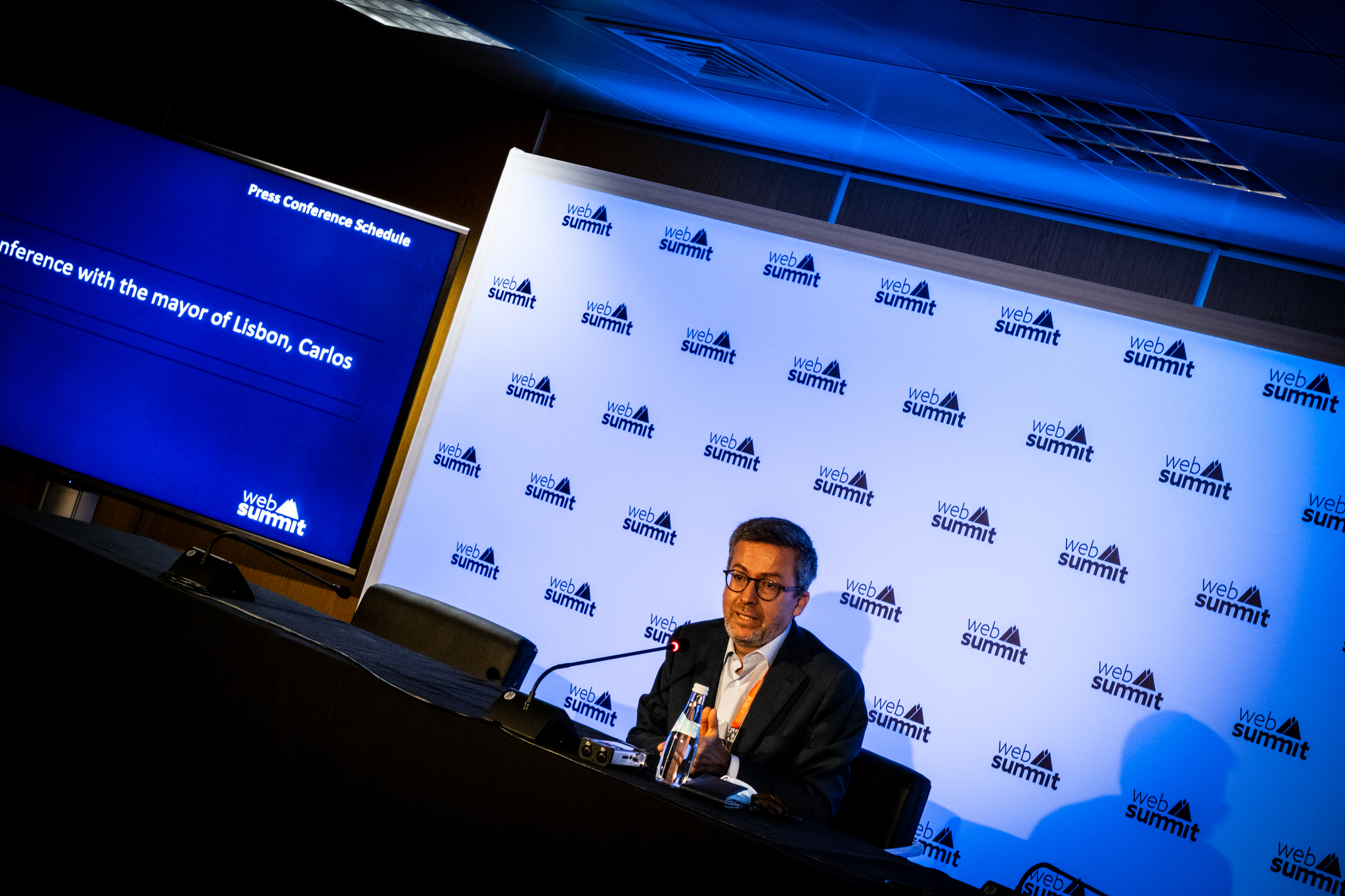
Another morning of chaotic traffic in Lisbon, with the Lisbon Metro strike adding to a chronic problem in the city and that the post-pandemic has worsened. This is the third partial strike called by the unions representing Metro workers in the space of two weeks. A 24-hour strike is planned for November 4.
Responding to journalists at a scheduled press conference at the Web Summit, the first press conference by a Lisbon mayor at this event, Carlos Moedas clarified that the government was to blame for the Lisbon Metro impasse not being resolved, which manages this entity, regrets the situation.
"My pressure on the government will always be maximum on these issues"The chaotic situation this morning is not the best calling card for those who have just arrived in Lisbon for the Web Summit," said Moedas. “It's the fault of those who didn't understand [the government]" and that "I shouldn't have let this situation get to this point"commented the recently elected mayor, who said "making every effort" in what is his power.
The Lisbon Metro has been opening later in recent weeks due to partial strikes called by the unions. The strikes have two periods, the first of which (between 5am and 9.30am) is the one that most affects passengers as it covers most of the workers, meaning that, in practice, the Metro only opens at 10:15 a.m.. That's what happened on October 26, 28 and this morning, October 2.
24-hour strike on Thursday
For November 4th, A 24-hour strike has been called, "as a result, the shuttle service is expected to close from 11pm on November 3rd and reopen at 6.30am on November 5th"the company said in a note sent to newsrooms. "Metropolitano de Lisboa thanks its customers for their understanding and regrets any inconvenience this stoppage may cause."
When returning to work and classes, there have been many difficulties in using public transport. Also this Tuesday workers at Rodoviária de Lisboa (RL) are on strike, demanding decent wages. TCB - Transportes Colectivos do Barreiro was almost completely stopped on 14 October, due to a lack of understanding with the municipality regarding the organization of working hours. CP stopped at the beginning of October nationwide, relying only on minimum services. And the TTSL has abolished several careers at different times "due to a lack of operational human resources" - these suppressions have been practically daily, according to the company's website.
In the case of the Lisbon Metro, the workers are demanding an end to the wage freeze, the immediate reinstatement of all staff, the hiring of new workers for supervisory and traffic management positions, for example, and the "implementation of all the commitments made by the Minister for the Environment and Climate Action". On October 28, after the partial strike, the Federation of Transport and Communications Unions (FECTRANS) wrote: "Once again, the workers have reaffirmed that they will not give up on valuing their working conditions and defending and improving the public service they provide, and the administration may be able to come up with numbers, but it cannot evade what is obvious - the strong discontent of the workers and their great unity and mobilization."


